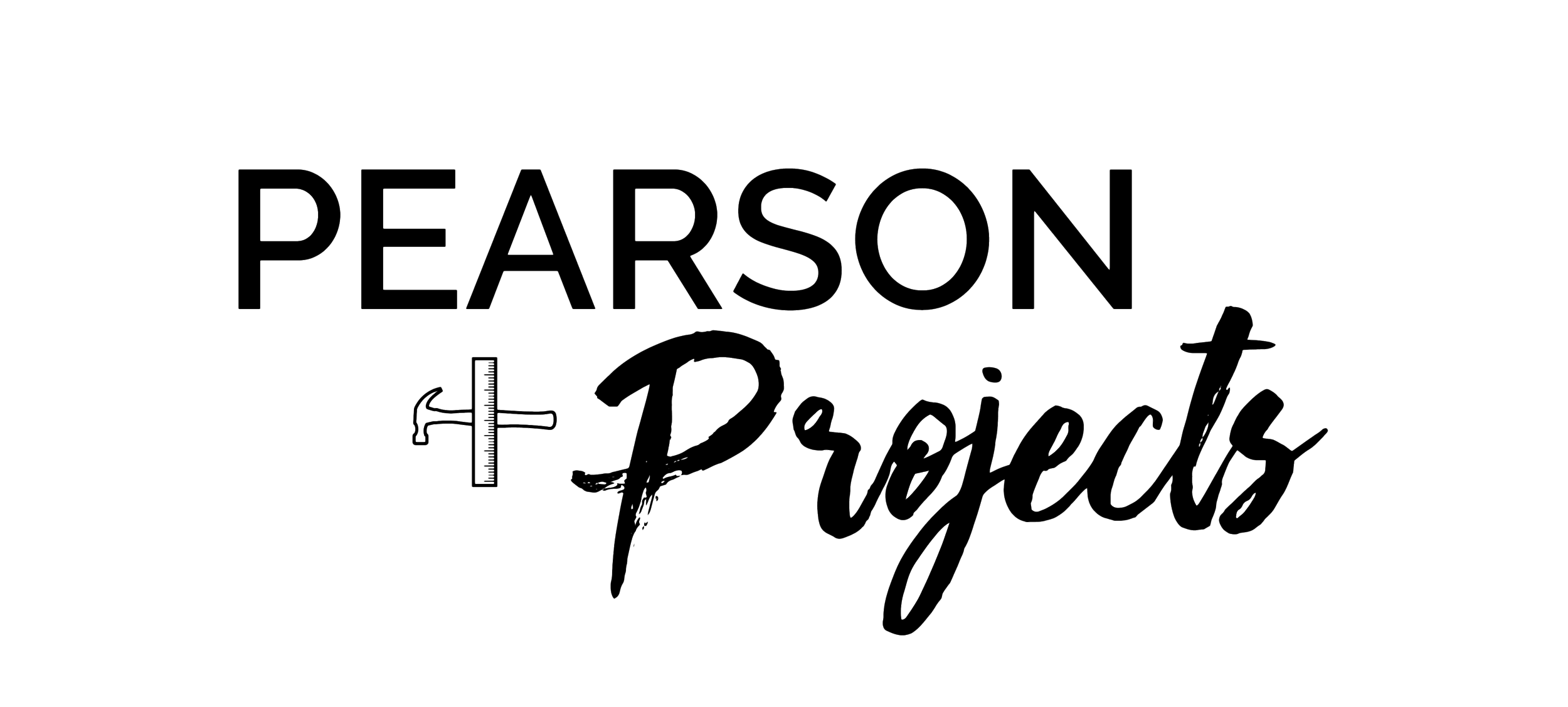Two | Dollars and Sense - the budget series
In Part Two of our ‘Dollars and Sense’ budgeting series, we share our strategy for setting our overall project budget for a renovation. This can and may vary widely depending on the state of your house, its location and the scope of your plans. Here we use our current project, our Charmer in Alexandra, to show how we work through setting a budget.
Our Advice for Setting your Budget
Budgets are a powerful tool, and we are always strategic with our budget both before and throughout our projects. Allocate too much to a project, you may overcapitalise and risk not creating a profit. Too low, and you may not get the best return for your investment. The aim with setting our renovation budget is to achieve the biggest return on what we spend.
Research - Start with the end in mind
One of the key steps is starting at the end - estimating what the value of the property will be after renovations are completed. Once you have an idea on sale price post-renovations, you can work backwards to determine what your profit margin will be in different scenarios. The best way to confirm potential sale price is by researching local comparable house sales. Don’t be afraid to get in touch with real estate agents who are familiar in the area and use them as an information source. We have outlined our approach to this in our Property Search blog.
Avoid Over-Capitalising
One of the big risks is spending too much on your renovation - known as ‘over-capitalising’. This happens when you overspend on a project, consequently not being able to recover all of your costs when selling. Whilst you may not be renovating to sell, we think this principal is good to keep in mind whenever renovating. Giving you peace of mind that if you had to sell - you would recover your costs, and that you are making sensible investment decisions throughout.
How much will it cost?
So how can you put numbers in a spreadsheet and start setting and allocating a budget at the start of your project? There are different levels of accuracy available, and as you might expect, greater accuracy generally takes more time, energy and/or cost.
At the start of the scale you can start by estimating this yourself from your scope, tapping into available information and expertise where required. After completing several renovations, we always start with this approach as we now have a good idea on estimating costs. If you are new to this and unfamiliar with how much materials and labour cost, it should not stop you from creating your own budget. But it is important to take time to do your research.
At the other end of the spectrum, achieving greater cost certainty, you can progress down the route of getting a professional opinion. Such as hiring as estimator/quantity surveyor, or talk directly with contractors and seek quotes or estimates. Talking with contractors is one of the best ways to get accurate costs as this is directly from the people who are doing this kind of work. For many projects you will be able to get a fixed price from a contractor at no cost. If you are looking at replacing carpet, flooring contractors would happily come to your house and price this or would be able to provide a square meter rate. For more complex jobs, contractors may provide initial estimates, but will need plans and details to provide greater accuracy or a quote.
Tips to keep in mind when setting your budget
Talk to family or friends who have experience in construction or completing renovations. Pick their brain.
Do you know any contractors and tradespeople? Talk with them to get feedback. If not, call up tradespeople and ask for their thoughts - most will be happy to give some feedback (even visit your house) if they think there might be some work in it for them.
There are two key areas of costs - materials and labour. The physical elements of a renovation (wood, baths, lights, etc.) and then the labour to install this and complete your project. Don’t underestimate the labour cost of tradespeople.
It is easy to under-estimate costs, or over-estimate what you can do yourself or have time to do. When this takes place, you often end up committing to projects which end up going over the allocated budget or take longer than you allowed. When setting your budget - remove emotion, take an unbiased approach and be realistic.
Account for your time. While time isn’t a financial cost that will influence your budget, it is still a significant personal cost, so while you may save money doing more yourself, don’t overlook the time that will take, the down time you will give up and the emotional and mental stress that it can cost.
Contingency. Keep aside an amount for errors in your estimate for unexpected issues you may encounter.
This blog was sponsored by Kiwibank. Whether you're taking your first step or next step on your property journey, Kiwibank's home loan experts are available to help you through the process.
Their Mobile Mortgage Managers can come to your choice of location and their Banking Consultants are available at your local Kiwibank branch. Call 0800 000 654 or visit kiwibank.co.nz/homeloan for more information.

